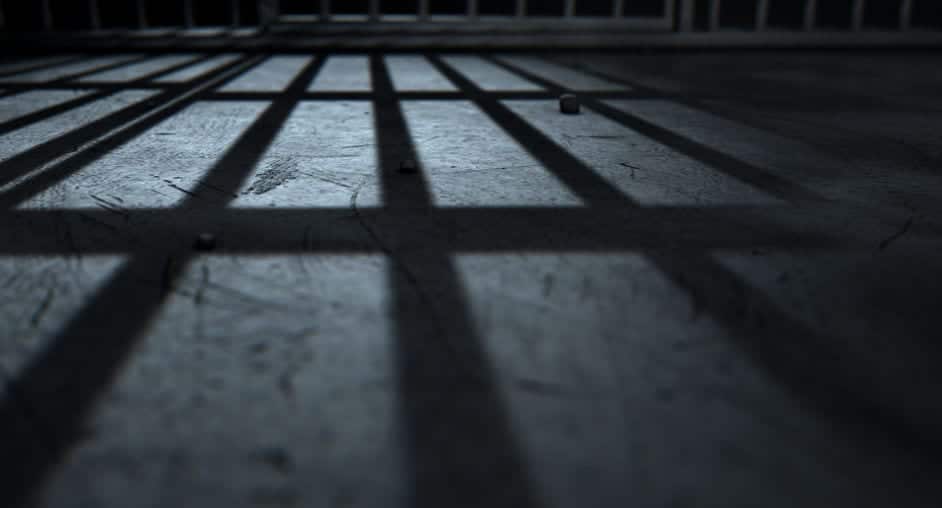
Human trafficking is the second-largest (and fastest growing) criminal industry in the world. Often referred to as modern-day-slavery, human trafficking involves the sale of adults and children for commercial sexual servitude or forced labor.
It is a threat to public safety, public health, and human rights, and occurs around the world, including in communities throughout Minnesota. In fact, Minnesota is the third biggest state for human trafficking in the nation.
In order to address this urgent problem, Minnesota has formed a Human Trafficking Task Force, which is a collective effort between law enforcement, government officials, and activists, dedicated to catching and preventing human trafficking in Minnesota.
That sounds fantastic, but it raises a big question: will all of the measures to stop human trafficking lead to overzealous policing?
Below, we’ve provided a guide to human trafficking in Minnesota, what’s being done to address the problem, the potential for over-policing, and the charges you could face if accused of human trafficking here.
The How and Where of Minnesota Human Trafficking
Anyone can become a victim of human trafficking, regardless of gender, race, age, or socioeconomic status. However, the majority of Minnesota human trafficking victims are girls and young women, and victims are generally forced into prostitution.
Human trafficking occurs primarily through manipulation of young, vulnerable girls.
Traffickers are predators who are good at recognizing vulnerability in their victims. They tend to frequent locations where young women are present, such as malls, shopping centers, parks, schools, and libraries.
In most cases, the traffickers are men, who use a boyfriend or pimp-type strategy, first feigning love, affection, and loyalty. Subsequently, traffickers will demand that back from victims, ultimately coercing them into performing sex acts for money.
Minnesota Human Trafficking Task Force
The Minnesota Human Trafficking Task force was formed to address the significant human trafficking problems faced in communities throughout Minnesota. This is a collaboration between law enforcement, activists, and government officials tasked with catching human traffickers, shutting down human trafficking operations, and preventing human trafficking.
Plainclothes citizens are often the best weapon against human trafficking, as traffickers are cautious in the presence of law enforcement, and are often skilled at concealing human trafficking activities.
Therefore, the task force and other organizations are teaching regular citizens to spot and report signs of human trafficking. Workers in certain places, such as airports, truck stops, and hotels are also likely to encounter human trafficking, so many companies are training employees to spot signs of human trafficking as well.
Stopping true human traffickers is of the utmost importance, and efforts by citizens have helped shut down many major human trafficking operations. However, citizens unfamiliar with what human trafficking really looks like may also be overzealous in reporting potential offenders, which could potentially lead to false allegations of human trafficking.
Let’s take a look at the consequences you could face if charged with human trafficking.
Human Trafficking Sentencing and Penalties
Sex trafficking charges and penalties depend on a number of factors, including the age of the alleged victim, the nature of the alleged forced servitude, and whether the victim suffered prolonged captivity.
Minnesota recognizes three degrees of sex trafficking.
Aggravated first-degree sex trafficking: up to 25 years in prison and $60,000 in fines
Applies if:
- The defendant has a previous sex trafficking conviction; or
- The victim suffered bodily harm; or
- The victim was held in bondage for over 180 days; or
- More than one victim is involved.
First-degree sex trafficking: up to 20 years in prison and $50,00 in fines
Applies if:
- The victim is under the age of 18; or
- The defendant receives a profit knowing that it is derived from prostitution of a victim under 18.
Second-degree sex trafficking: Up to 15 years in prison and $40,000 in fines
Applies if:
- The defendant engages in sex trafficking of an individual; or
- The defendant receives profit knowing that it is derived from prostitution.
Due to the enhanced efforts to shut down sex trafficking, it is also likely that many people will face solicitation charges as well.

Even an accusation of this type of activity can be utterly life-changing. That’s why it’s so important to fight back with a knowledgeable Minnesota criminal lawyer if you have been charged with human trafficking.
About the Author:
Christopher Keyser is a Minneapolis-based criminal and DWI defense attorney known for fighting aggressively for his clients and utilizing innovative tactics to get the most positive results. He has been featured in numerous media outlets due to the breadth and depth of his knowledge, and recognized as a Minnesota Super Lawyers Rising Star (2014–2015), a Top 100 Trial Lawyer (2013–2015), and a Top 40 Under 40 Attorney (2013–2015).





